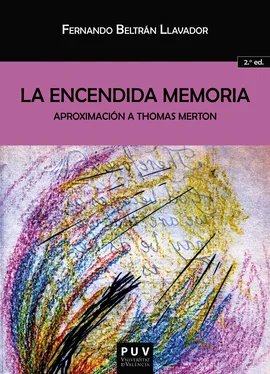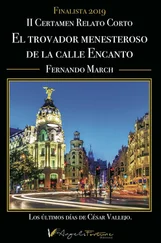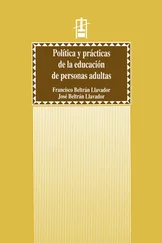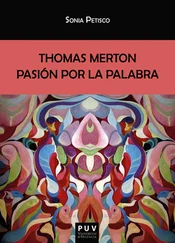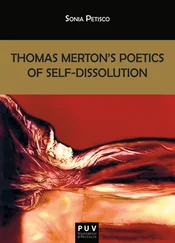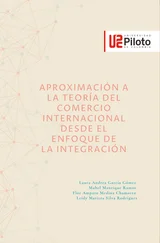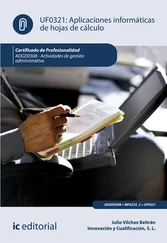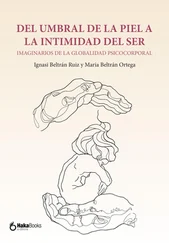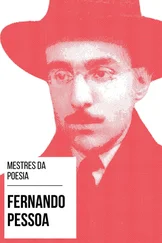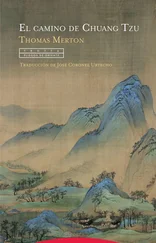The Puritans inherited a half-conscious bias against the realm of nature, and the Bible gave them plenty of texts that justified what Mr. Nash calls a “tradition of repugnance” for nature in the wild. In fact, they were able to regard the “hideous and desolate wilderness” of America as though it were filled with a conscious malevolence against them. They hated it as a person, an extension of the Evil One, the Enemy opposed to the spread of the Kingdom of God. And the wild Indian who dwelt in the wilderness was also associated with evil. The wilderness itself was the domain of moral wickedness. It favored spontaneity —therefore sin… To fight the wilderness was not only necessary for physical survival, it was above all a moral and Christian imperative. Victory over the wilderness was an ascetic triumph over the forces of impulse and of lawless appetite. How could one be content to leave any part of nature just as it was, since “nature” was fallen and “corrupt”? The elementary Christian duty of the Puritan settler was to combat, reduce, destroy and transform the wilderness. This was “God’s work”. The Puritan, and after that the Pioneer, had an opportunity to prove his worth —or indeed his salvation and election— by the single-minded zeal with which he caused on this obsessive crusade against wilderness. His reward was prosperity, real estate, money, and ultimately the peaceful “order” of civil and urban life. In a seventeenth-century Puritan book with an intriguing title, Johnson’s Wonder Working Providence (“The Great Society?”), we read that it was Jesus Himself, working through the Puritans, who “turned one of the most hideous, boundless and unknown wilderness in the world to a well-ordered Commonwealth”. 18
En otro trabajo de investigación 19 se ilustraban precisamente esos elementos ideológicos en uno de los primeros escritos puritanos, la crónica del historiador y gobernador William Bradford, History of Plymouth Plantation . En ese estudio, la lectura interpretativa de Max Weber resultó reveladora. Merton ya había acudido al análisis de Weber en el ensayo al que nos referimos:
Max Weber and others have long since helped us recognize the influence of the Puritan ethos on the growth of capitalism. This is one more example. American capitalist culture is firmly rooted in a secularized Christian myth and mystique of struggle with nature. The basic article of faith in this mystique is that you prove your worth by overcoming and dominating the natural world. You justify your existence and you attain bliss (temporal, eternal, or both) by transforming nature into wealth. This is not only good but self-evident. Until transformed, nature is useless and absurd. Anyone who refuses to see this or acquiesces in it is some kind of half-wit —or, worse, a rebel, an anarchist, a prophet of apocalyptic disorders. 20
La cita es pertinente desde distintas perspectivas; por un lado sitúa a Merton en la tradición de la disensión, acercándolo más a los trascendentalistas y al legado romántico norteamericano 21 que a los padres peregrinos, y por otro lado establece una estrecha conexión entre el campo político y el religioso. 22 Si Perry Miller ponía el énfasis en una aproximación espiritual al puritanismo, y Max Weber establece un nexo claro entre la ideología protestante y el origen del capitalismo, MacPherson establece los supuestos que, según afirma, definen el carácter político del siglo XVII. Su estudio se puede extrapolar, aún con la diferencia histórica de tres siglos, a las nociones de identidad de nuestro tiempo y arrojan luz sobre lo que Merton define como “el falso yo”. 23 En breve, MacPherson señala la identificación del individuo como propietario de su propia persona y de sus capacidades, en razón de lo cual nada debe a la sociedad. 24 Ahora bien, si lo que define al ser humano es su libertad respecto a la dependencia de las voluntades de los demás, eso supone que esta libertad individual podría entrar en colisión con las libertades ajenas, a menos que se establezcan unas obligaciones y límites tales que se garanticen las libertades de unos y otros. Y si lo que define a la persona es la posesión de sí misma, el juego de relaciones que se establece entre los sujetos, hombres y mujeres, es de carácter necesariamente mercantil. La sociedad política responde entonces a la necesidad de proteger las propiedades, incluida la persona, y de ordenar consecuentemente, en términos de posesión, las relaciones entre los individuos. MacPherson pone el dedo en la llaga de una de las cuestiones éticas más serias de nuestra civilización, la confusión de los valores del “ser” con los del “tener”. Por eso Merton aboga por una ética de signo contrario, más próxima a los mensajes “inútiles” del bosque que a las oscuras fábricas satánicas de la Jerusalén dibujada por William Blake; en el ensayo antes mencionado prosigue:
The Transcendentalists, above all, reversed the Puritan prejudice against nature, and began to teach that in the forests and mountains God was nearer than in the cities. The silence of the woods whispered, to the man who listened, a message of sanity and healing. While the Puritans had assumed that man, being evil, would only revert to the most corrupt condition in the wilderness, the Transcendentalists held that since he was naturally good, and the cities corrupted his goodness, he needed contact with nature in order to recover his true self. 25
Destaca, no obtante, ante todo que los impulsos de dominación, expansión, conquista y posesión derivados de la ideología puritana encuentran su verdadera base en una definición distorsionada del propio tejido identitario, que configura, conjurándolos, los escenarios que constituyen la fabricación de nuestro mundo:
Thoreau realized that civilization was necessary and right, but he believed that an element of wilderness was a necessary component in civilized life itself. The American still had a priceless advantage over the European. He could “combine the hardiness of the Indian with the intellectualness of civilized man”. For that reason, Thoreau added: “I would not have every part of a man cultivated”. To try to subject everything in man to rational and conscious control would be to warp, diminish, and barbarize him. So, too, the reduction of all nature to use for profit would end in the dehumanization of man. The passion and savagery that the Puritan had projected onto nature turned out to be within man himself. And when man turned the green forests into asphalt jungles the price he paid was that they were precisely that: jungles. The savagery of urban man, untempered by wilderness discipline, was savagery for its own sake. 26
Volviendo a su argumentación inicial, Padovano lleva un paso más allá su exploración de la idea de viaje como el centro de inspiración de la obra de Merton, y sitúa su correlato bíblico en la peregrinación del pueblo hebreo en busca de su auténtica patria —en el Antiguo Testamento— y en la llegada del Hijo de Dios a esta tierra —en el Nuevo Testamento—, 27 desvelando así la condición paradójica de la comunidad de creyentes como transeúntes en este mundo, pero no habitantes de este mundo. En Merton el viaje arquetípico cristiano, su “pilgrim’s progress”, adoptó diversas formas: una trayectoria vital por la geografía física del orbe que partiría de Europa hasta América y desde allí finalmente a Asia hasta cerrar circularmente su tránsito por el mundo; una peregrinación religiosa desde Occidente hasta Oriente para acabar por abrazar las diversas expresiones religiosas de la Tierra desde su “catolicidad” universal; un viaje de lo secular a lo sagrado; una inmersión en las aguas profundas de la soledad; y finalmente, otra trayectoria espiral desde el orden, o desorden, del mundo pasando por esa “ciudad de Dios” que fue el claustro monástico hasta el eremitismo en ese desierto que es la “dimensión interior de nuestra condición humana”. 28 Merton acabaría de vuelta nuevamente en el mundo que había repudiado, aunque esta vez de otra manera, con una percepción y una presencia transformada y transformadora, donde “mundo” y “monasterio”, “secular” y “sagrado”, “soledad” y “sociedad”, “ciudad” y “desierto” quedaron abrazados, a la vez que trascendidos, en una “integración final”, como titula uno de los ensayos más reveladores de su última etapa. 29 Pues si en un momento de su autobiografía, fracasado su intento de ingreso entre los franciscanos, decide comprarse unos libros devocionales con una firme resolución: “They (the breviaries) said that if I could not live in the monastery, I should try to live in the world as if I were a monk in a monastery” (SSM: 300), su trayectoria monástica sería tal que al término de su vida se podría poner en su boca una declaración de signo totalmente opuesto: “If I could not live in the world, I should try to live in the monastery as if I were a monk in the world”.
Читать дальше
